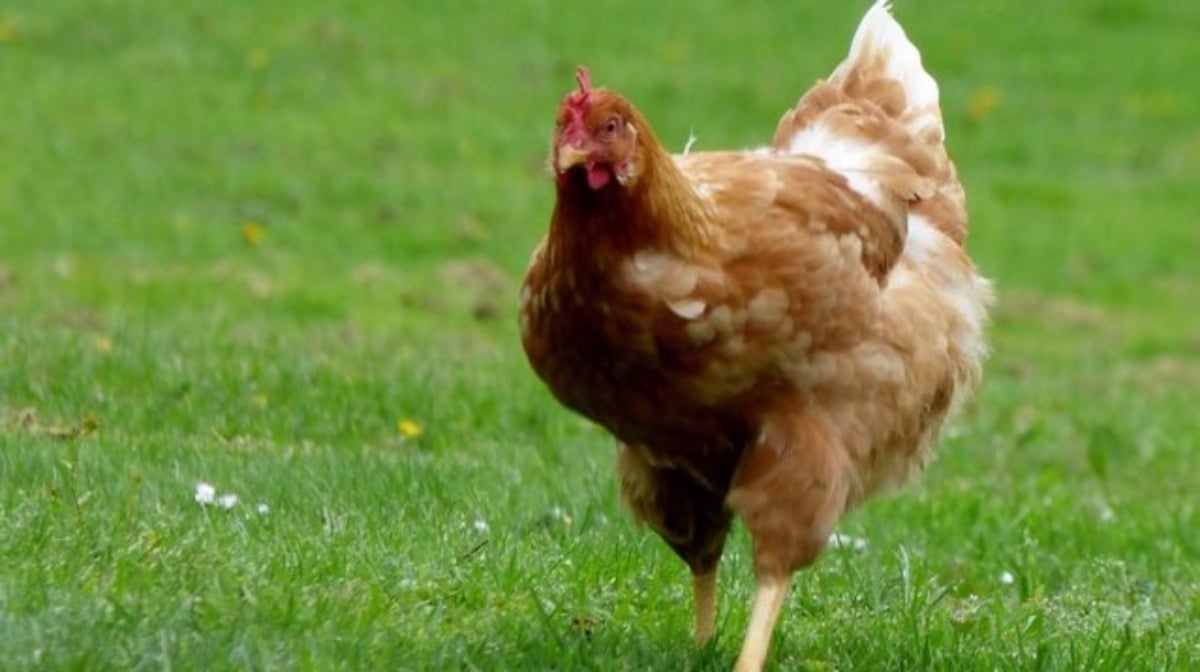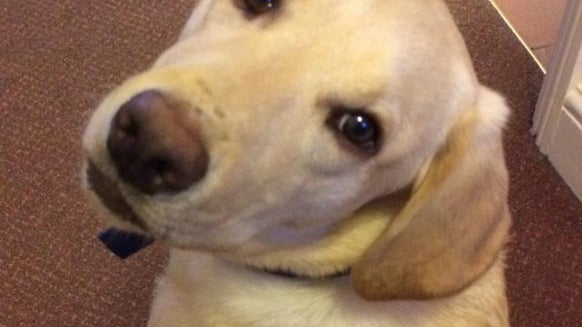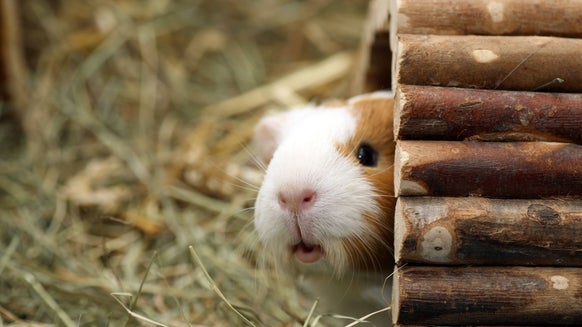Bird Flu: The Signs and Actions for Prevention

In light of the recent outbreak of bird flu in Dorset and Warwickshire, we have pulled together some information about Avian Flu including what to look out for, how you can prevent your birds catching bird flu, and what to be aware of when selling and buying birds through Preloved.
There are many different strains of bird flu, and although some lead to fatal consequences for the infected birds, only some of these pose a threat to human health. Whether you are selling or buying birds on Preloved, please act responsibility and remain vigilant for signs of avian flu, and other health problems. All poultry keepers must maintain the highest levels of biosecurity at all times, and if you have any concerns for your the health of your birds, consult your vet immediately.

Spotting signs of Avian Flu
There are two main types of bird flu, with HPAI (highly pathogenic avian influenza) which is the most serious, often proving fatal in birds. LPAI (low pathogenic avian influenza) is less serious, causing mild respiratory problems. The key signs of HPAI are as follows. These symptoms will vary across different species of birds, with some showing minimal signs of infection, like geese and ducks:
- swollen head
- blue discolouration of neck/throat
- loss of appetite
- respiratory distress (gaping beak, coughing, sneezing, gurgling, rattling breath)
- diarrhoea
- reduced egg production
- increase in mortality
Like with human flu, bird flu is passed between birds in close proximity as a result of contaminated body fluids, and bird flu constantly evolves to create new strains. In order to keep your flock safe, when you spot individuals showing any of the above symptoms, separate them immediately, keeping them separated until you get a confirmed diagnosis from your vet.
For the sellers
If you own less than 50 birds, then you are exempt from acquiring CPH (County Parish Holding) number. However, you are required to complete an AML (Animal Movement Legislation) document every time you move an animal (or group of animals) from one CPH holding to another. This important documentation tracks the movements of livestock to help eliminate the spread of disease. Obtaining this document is the responsibility of the seller. You can find out more about relevant documentation by reading our quick guide to livestock law.
If you have birds advertised for sale or rehoming on Preloved, and they become unwell, please remove or pause your advert immediately. If you believe your birds may have avian flu, you must report the suspected illness to your nearest APHA (Animal and Plant Health Agency) office.
For the buyers
If you are looking to give a home to 50 birds or more, please be aware you will require a CPH number for your premises. When you visit birds advertised on Preloved, please be vigilant and ask to see the birds up close. Ensure you discuss the health of the birds thoroughly with the seller, and if you have any concerns for their health, please contact your nearest APHA office.
Once your birds arrive in their new home, please ensure you are aware of the relevant standstill rules. These regulations are in place to minimise the spread of any possible disease once the animals are within your CPH premises.
Stay in the Loop
Defra are keen to keep you up to date with developments in regards to recently effected areas, and with any other concerns they have. You can keep in the loop by signing up to their alert service and following them Twitter to help you keep your livestock happy and healthy.
Outbreak Records:
Winter 2016/2017 Prevention Zone
The H5N8 strain of bird flu has been confirmed at a poultry farm in Lincolnshire and at a premises in Carmarthenshire in Wales. The same strain has also been found in wild birds in England, Scotland and Wales. Defra has taken several steps to reduce the risks and urges people with poultry to keep them undercover and kept separate from wild birds. The Government Chief Vet introduced the Prevention Zone will be extended until 28th February and the gathering of poultry across the UK has been banned.
If you do not own poultry, Defra ask members of the public to report dead wild swans, geese or ducks or birds to their HELPLINE: 03459 33 55 77. You can find more detailed information on the Defra website such as here and here.
2015 outbreak in Lancashire
Defra have placed a restriction zone in the affected area in Lancashire (July 2015), and it has been confirmed that this case of H7N7 strain of bird flu is very low risk to humans, with no food safety risk for consumers. Defra have a strong track record of controlling and eliminating outbreaks of avian flu in the UK, which allows restrictions to be lifted quickly. Chief Veterinary Officer, Nigel Gibbens said:








